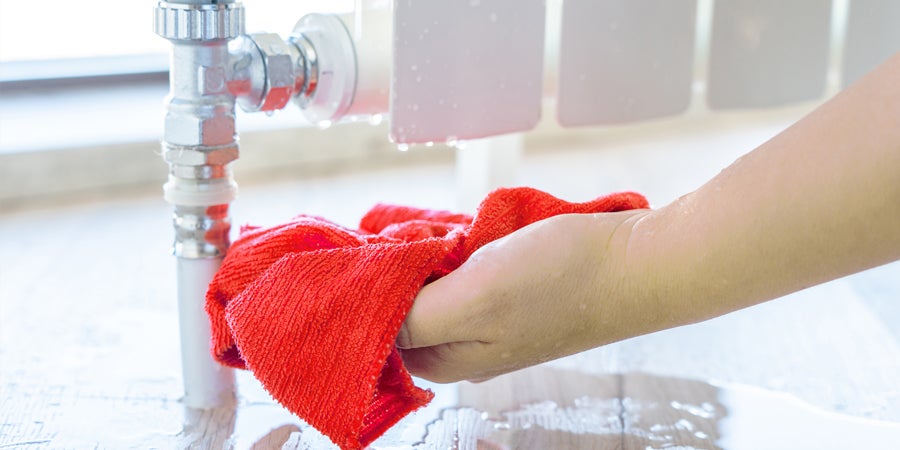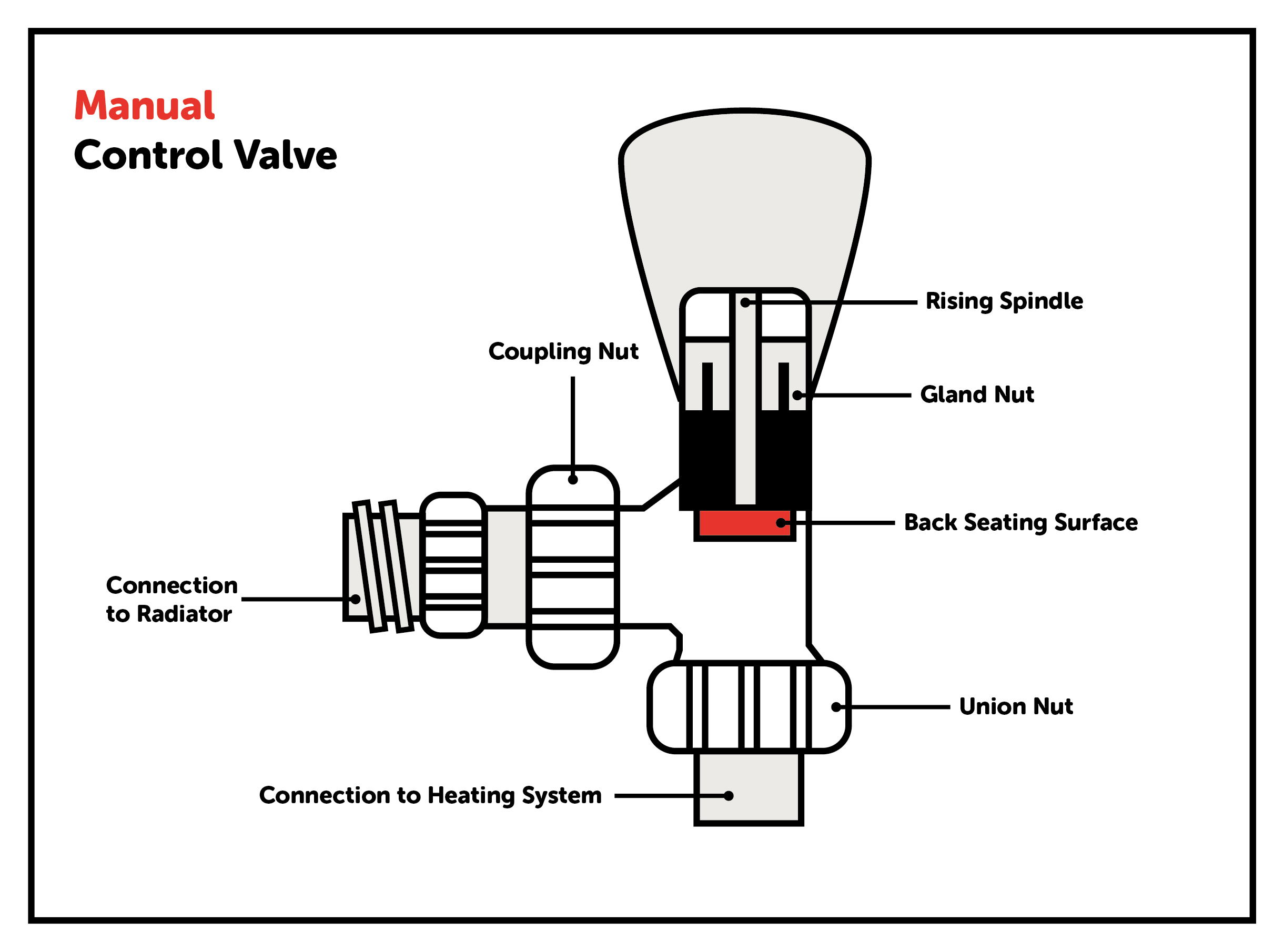Home heating advice
How to fix a leaking radiator
29 Jan 2021 • 8 minutes


Has your radiator suddenly started leaking water? Don’t worry! We’re here to help you fix your leaking radiator fast with the best ways to nip the problem in the bud—before it starts causing damage to your home.
First thing’s first: check to see if your radiator is still working as it should.
If you notice that it’s not heating up properly, it’s worth taking a look at our handy guide to cold radiators to help diagnose the problem.
If you’ve done all these checks and there are no cold spots, then read on to find the right repair for your leak and your radiator.
Top tip: Repairs to radiators should only be made if you have a good level of plumbing confidence. If you are unsure about any of the repairs detailed below, please call a professional.
To help you figure out what’s causing the problem, here are some common reasons why your radiator is leaking…
You’ll need a few tools and household items to help you get to the bottom of the problem. Make sure you’ve got all these to hand, so you’re not running off to find them when you’re in the middle of the job:

Top tip: Use a different piece of tissue for each area – it makes it easier for you to spot where the water is coming from.
If the radiator valve coupling nut is the cause of the leak, this can often be sorted by tightening the coupling or replacing the olive inside the coupling. If the below steps don’t work, you may need to replace the radiator valve altogether.
Remember to adjust the steps above accordingly if you have a grand union type valve.
If it’s the radiator gland that’s leaking (under the plastic cap of the valve), you can fix it with PTFE tape.

If the leak is coming from the body of the radiator, this is what’s called a pinhole leak. This can be caused by a number of things, such as corrosion or a build-up of sludge inside your radiator.
As the name suggests, pinhole leaks tend to be very small, but it could lead to you needing a new radiator. If you do ever need to replace the whole radiator, here are some tips and checks on how to do it:
Depending on how bad your radiator leak is, you may need to replace your radiator. If you’re not sure or need help, contact Ding today and we’ll book you an appointment with one of our friendly, local plumbers at a time that suits you.
Top tip: If you’re replacing a radiator due to a previous pinhole leak and issue with sludge and corrosion, try flushing your system and then adding a corrosion inhibitor to the water in your heating system. This helps prevent future issues. Naturally, we’d recommend you’re protected with HomeServe insurance too—just in case it happens again!
A typical cause for a leaking radiator valve is when there’s damage to the internal spindle packing. Thankfully, when it comes to fixing it, it’s easier than you might think. This type of leak often happens when the valve is partly open, so give it a tighten and once it’s closed the leak should stop.

Here’s how to fix a leaking radiator valve in 10 simple steps:
If this doesn’t get rid of the leak, you might need to replace the valve. The key thing is to make sure that the replacement is the same as your existing valve. Not sure where to start? Don’t worry, we’ve got it all covered in our how-to guide on changing radiator valves.
If you discover that the leak is coming from the spindle and not the valve, you could still be able to fix the problem yourself.
To fix a leaking radiator spindle, follow the steps below:
So, your radiator’s got a brand-new valve and it’s still leaking. Next stop is to check the gland. This is a small fixture that sits underneath the plastic lid of the valve.
To fix a leaking radiator gland, follow the step below:
Over time, the pipes that connect your radiator to your central heating system can become loose, causing an unexpected leak.
If you should notice water dripping from the pipe joint, grab a spanner and tighten everything up. If this doesn’t do the job, follow these steps:
Radiators are generally robust, hard-working soldiers in your home and, with a little care, they’ll keep you feeling toasty for several years.
However, there are a few easy steps you can take to get the best possible mileage out of your radiators and avoid leaks in the future — especially if you’ve just replaced one or two of them.
Not only can this potentially damage your furnishings but it can also stop heat from circulating properly, bringing down your energy efficiency and increasing your costs.
The inhibitor is the chemical liquid that protects and prolongs the lifespan of your central heating system.
We all do it sometimes, but it causes condensation and rust.
Does your radiator have cold spots? Then you need to bleed your radiator.
Avoid placing your wet towel on a radiator after your morning shower, unless it’s a special towel warming radiator!
We hope this has given you everything you need to fix your leaking radiator yourself. And great work—it’s not always easy!
If you've not had so much luck, then it might be time to call the professionals. With Ding, our home repairs membership, there's no ringing around and waiting about, just upfront pricing and availability to suit you.
Join Ding today and book a one-hour appointment with a plumber or heating engineer.
Our help & advice articles cover Plumbing, Home heating, Electrical, Energy-saving and Home maintenance.